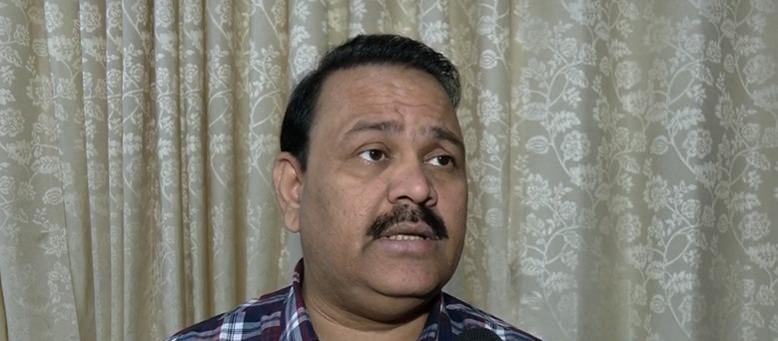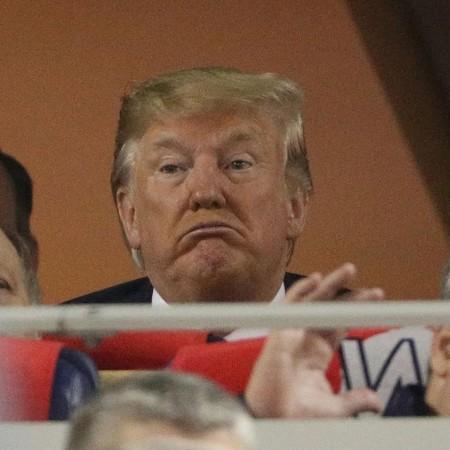
As US President Donald Trump tightens H-1B visa rules and introduces a $100,000 annual fee, the Congress on Saturday criticised the move, stating that it is not a new development and blamed the Centre's policies for the worsening relationship between the two countries.
Speaking to IANS, Congress MP Manoj Kumar said, "This is not new. They have already imposed tariffs. Now, Trump is doing this. The whole of India knows what Trump is doing, what his desires are, and what actions he is taking.
"On one hand, you say our Prime Minister is great and a good friend of Trump, and on the other hand, you're imposing such hefty fees on H-1B visas. Why is Trump doing this? He thinks he is a king, and by doing this, he will win. But in India, we will stand our ground. Whatever policies he is bringing forward, he is digging his own well."
Congress leader Surendra Rajput added, "The US is continuously behaving like an enemy while claiming PM Modi is their friend. Trump is hurting 140 crore Indians.
"There are three clear examples: First, he increased the H-1B visa fee. Yesterday, the US revoked the sanctions waiver on Iran's Chabahar port, through which India trades with Russia, Afghanistan, and the Middle East — without involving Pakistan. He stopped that too. Additionally, he imposed 50 per cent tariffs on Indian goods. If Modi's friend behaves like this, then he is not a friend of India. And just because Trump tweeted on PM Modi's birthday doesn't prove friendship."

Congress leader Vijay Wadettiwar said, "The media highlights Trump's praise for Modi, but what matters is action — like reducing tariffs. Trump is continuously increasing them. Indians are bearing the brunt. The worsening of Indo-US relations is directly due to the policies of our government."
Meanwhile, according to the proclamation, every application will now require a fee of $100,000 per year - an attempt to curtail the overuse of the visa programme and encourage hiring of domestic workers.
Signing the proclamation on Friday, at the White House, President Trump said the "incentive is to hire American workers."
"We need workers. We need great workers, and this pretty much ensures that," he added.
Commerce Secretary Howard Lutnick also defended the move, saying the policy would discourage companies from hiring foreign workers.
"So, the whole idea is, no more will these big tech companies or other big companies train foreign workers. They have to pay the government $100,000, then they have to pay the employee. So, it's just not economic. You're going to train somebody. You're going to train one of the recent graduates from one of the great universities across our land, train Americans. Stop bringing in people to take our jobs. That's the policy here. $100,000 a year for H-1B visas," he explained
Lutnick also confirmed that the visa can be renewed only for a total period of six years and will be applicable for both new and renewal applications.
"So, either the person is very valuable to the company and America, or they're going to depart. Stop the nonsense of letting people just come into this country on these visas that were given away for free," he added.
The proclamation claimed that the H1-B visa programme has been "deliberately exploited to replace, rather than supplement, American workers with lower-paid, lower-skilled labour" and is undermining both "our economic and national security."
According to the order, the Secretary of Labour will initiate a rulemaking to revise the prevailing wage levels as well.
Both Trump and Lutnick asserted that all major tech companies are "on board."
"They love it. They really love it. They need it. I think they're going to be very happy. Everyone's going to be happy. And we're going to be able to keep people in our country that are going to be very productive people," Trump added.
President Trump also signed an executive order creating a gold card programme that would enable people to obtain a visa for $1 million and corporations for $2 million.
The H-1B visa programme, capped at 85,000 new visas annually, allowed US companies to hire skilled foreign workers in fields like technology and engineering. The latest move is expected to impact major American tech companies as well.
(With inputs from IANS)















